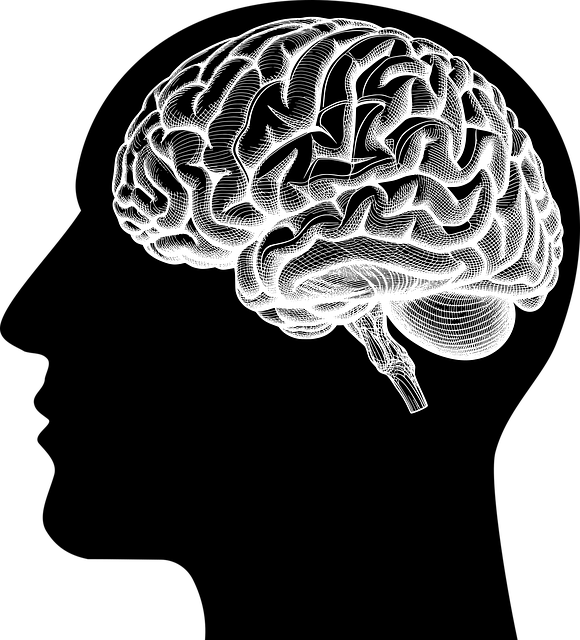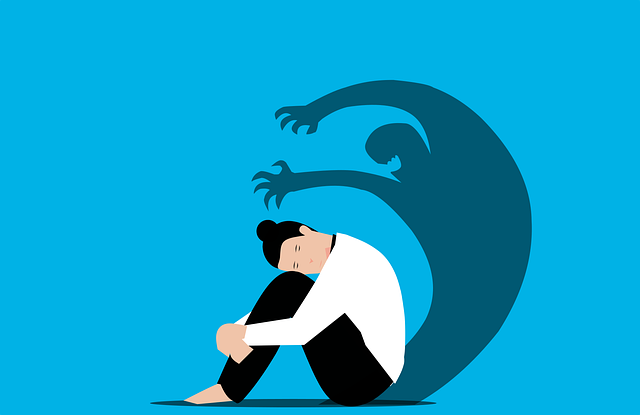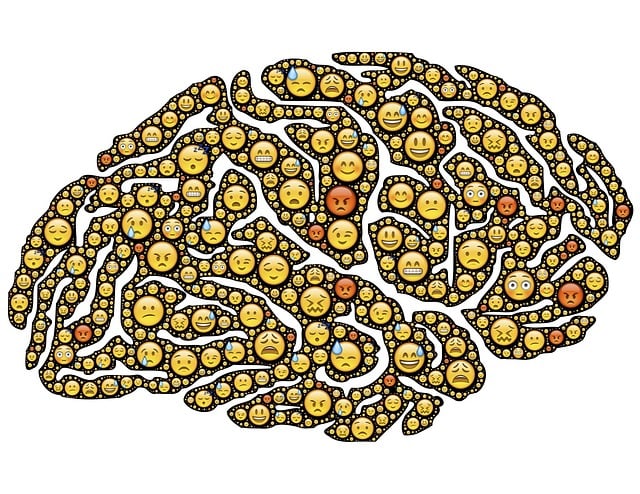Mental wellness is crucial for children's development, and Boulder Child Abuse Therapy (BCAT) emphasizes identifying vulnerabilities and building resilience. Early trauma can impact emotional health long-term, so BCAT offers crisis intervention to teach coping skills and positive thinking. Recognizing signs like persistent sadness or anxiety is vital; BCAT specializes in helping kids manage stress and anxiety through self-care practices. They break mental health stigmas with awareness campaigns, train healthcare providers, and advocate for community support. A supportive home environment with open communication and self-care habits are key; caregivers play a crucial role. BCAT extends its reach to schools and communities, creating safe spaces, workshops, and peer groups to promote proactive mental wellness, fostering healthier lives for children and adolescents.
Mental wellness is a cornerstone of overall well-being, especially for children. This article explores various facets of promoting mental health in kids, from understanding its impact to identifying potential issues early on. We delve into the crucial role that services like Boulder Child Abuse Therapy play in supporting vulnerable youth. Additionally, we offer practical strategies for parents and caregivers to foster healthy minds, emphasizing the importance of community awareness in fostering a supportive environment for children’s mental wellness.
- Understanding Mental Wellness and Its Impact on Children
- Identifying Signs of Mental Health Issues in Kids
- The Role of Boulder Child Abuse Therapy in Promotion
- Strategies for Parents and Caregivers to Support Mental Wellbeing
- Creating a Community that Prioritizes Mental Health Awareness
Understanding Mental Wellness and Its Impact on Children

Mental wellness is a vital aspect of a child’s overall development and well-being. It encompasses emotional, psychological, and social health, influencing their ability to cope with life’s challenges and navigate relationships. In Boulder Child Abuse Therapy, professionals emphasize that understanding mental wellness involves recognizing children’s unique vulnerabilities and fostering an environment that promotes resilience.
Children’s mental wellness is significantly impacted by their experiences, relationships, and interactions. Early life traumas, such as abuse or neglect, can disrupt their emotional development and lead to long-term challenges. Crisis Intervention Guidance often plays a crucial role in helping young individuals manage acute distress. By teaching effective coping skills and encouraging positive thinking, children can develop mechanisms to navigate stressful situations, enhancing their overall mental wellness.
Identifying Signs of Mental Health Issues in Kids

Recognizing mental health issues in children is a vital step towards ensuring their overall well-being and fostering healthy development. Many kids may struggle with invisible challenges that can significantly impact their daily lives and future prospects, making it crucial for parents, caregivers, and educators to be vigilant. Common signs of mental health problems in children include persistent feelings of sadness or anxiety, dramatic changes in mood or behavior, a significant drop in academic performance, withdrawal from social activities, and excessive worry or fear.
In Boulder, Child Abuse Therapy plays a pivotal role in addressing these concerns, offering specialized support for young individuals facing various mental health challenges. By integrating effective self-care practices into their routines, children can learn healthy coping mechanisms to manage stress and anxiety relief. Public Awareness Campaigns Development initiatives focused on breaking the stigma surrounding mental health can also empower kids to seek help and encourage open conversations about emotional well-being.
The Role of Boulder Child Abuse Therapy in Promotion

Boulder Child Abuse Therapy plays a pivotal role in promoting mental wellness, especially among children and adolescents who have experienced trauma. With specialized services tailored to address complex emotional needs, they offer a safe space for healing and growth. The therapy focuses on developing healthy coping mechanisms, enhancing resilience, and fostering positive relationships, all of which are crucial components in the holistic approach to mental health care.
In addition to direct therapeutic interventions, Boulder Child Abuse Therapy contributes significantly to broader initiatives like Healthcare Provider Cultural Competency Training, ensuring that medical professionals are equipped to offer empathetic support. They also actively participate in Public Awareness Campaigns Development, educating communities on stress reduction methods and the importance of early intervention for mental wellness. These efforts collectively contribute to creating a more supportive environment where individuals can thrive and lead fulfilling lives.
Strategies for Parents and Caregivers to Support Mental Wellbeing

Promoting mental wellness in children is a multifaceted task that begins with creating a supportive and nurturing environment at home. Parents and caregivers play a pivotal role in fostering healthy emotional development. One effective strategy is to establish open lines of communication, encouraging kids to express their feelings and thoughts freely. This can be achieved through regular check-ins, active listening, and showing genuine interest in their daily experiences. By creating a safe space for expression, parents can help children develop strong coping mechanisms and emotional intelligence.
Additionally, teaching self-care practices is essential for long-term mental health. Encouraging healthy habits such as regular exercise, balanced diets, and sufficient sleep can significantly impact a child’s mood management. Incorporating activities that promote relaxation, like mindfulness exercises or creative outlets, can also be beneficial in preventing depression and fostering resilience. Caregivers can guide children in adopting these self-care routines, ensuring they become integral parts of their daily lives, ultimately contributing to better mental health outcomes, especially when considering the need for Boulder child abuse therapy.
Creating a Community that Prioritizes Mental Health Awareness

In fostering a community that prioritizes mental health awareness, Boulder Child Abuse Therapy plays a pivotal role in shaping a supportive environment. Beyond individual therapy sessions, the integration of mental wellness promotion initiatives at a community level is essential. This involves creating safe spaces where open conversations about mental health are encouraged, breaking down stigma, and providing resources for those seeking support. Schools, workplaces, and neighborhood centers can all become hubs for education, self-care workshops, and peer support groups, fostering a culture of compassion and understanding.
By implementing confidence-boosting practices and encouraging the development of self-care routines, individuals within the community are empowered to take proactive steps towards better mental health. Compassion cultivation is another powerful tool; teaching empathy and kindness not only strengthens interpersonal relationships but also promotes emotional resilience. These collective efforts, guided by professionals like Boulder Child Abuse Therapy, can create a network of support that positively impacts the overall well-being of the community.
Mental wellness is a cornerstone of healthy development for children, and recognizing its importance is paramount. By understanding mental health issues and their signs, parents, caregivers, and communities can create supportive environments. Strategies such as open communication, seeking professional help from services like Boulder Child Abuse Therapy, and fostering community awareness can significantly impact a child’s resilience and overall well-being. These collective efforts are crucial in ensuring children receive the necessary support for thriving minds.













